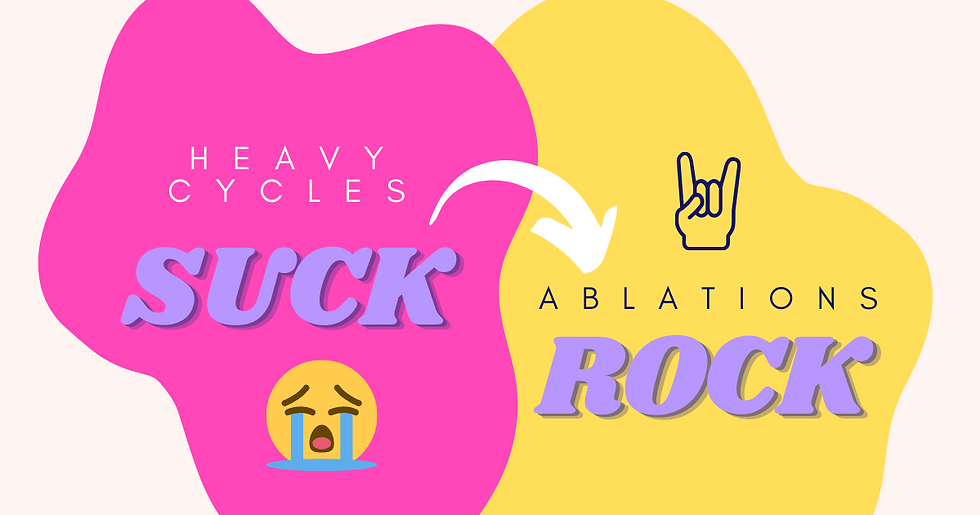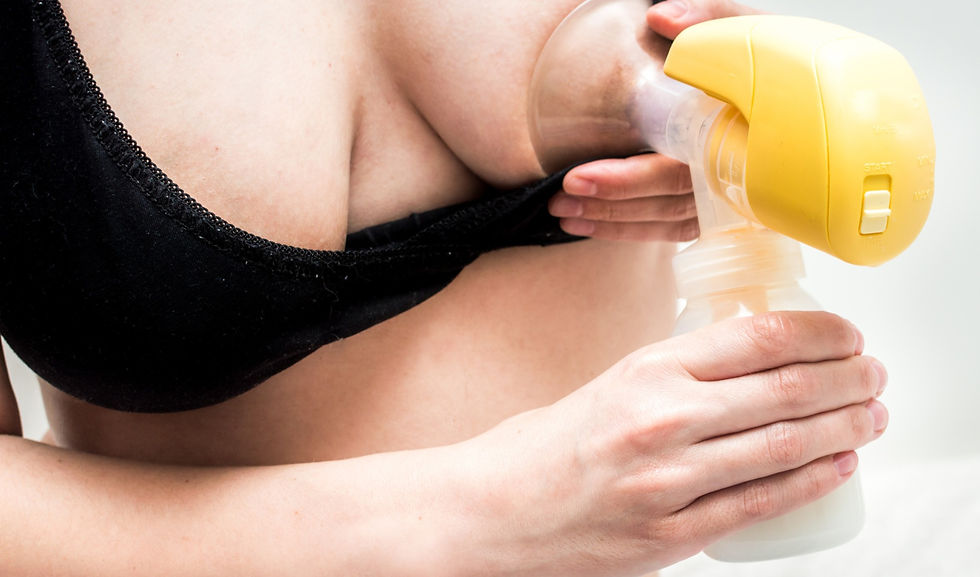To VBAC or Not VBAC, That Is The Question!
- thehonestobgyn
- Oct 30, 2023
- 3 min read
At least, that’s what Hamlet’s wife would want to know. I
f you’ve had a c-section you may be wondering if vaginal birth after cesarean (VBAC) is a good option for you. TikTok & Instagram are littered with bad advice or single-person stories, whereas Google can be vague and unhelpful. So, I’m here to help you make the right decision FOR YOU! Here’s 5 questions I think you should ask yourself when weighing the options of VBAC versus scheduled repeat C-section.
#1 - What was the reason for the C-section in the first place?
The best VBAC candidates are generally those who had a C-section for an “unlikely to repeat itself” issue. Examples of this would be twins, breech presentation, fetal distress, tight nuchal cord, etc. An even better candidate is someone who has had a successful vaginal delivery before - if I’m being greedy :)
Less ideal VBAC candidates are for those in which history might repeat itself. Examples include pushing for 3 hours and a failed vacuum delivery, baby failing to descend into the pelvis despite being average size, etc.
#2 - How many future children do I want?
Are you two and done? Or are 4-5 kids more the plan? If you are wanting a big family, then you might really want to consider VBAC because 5 c-sections is quite a lot and that leads us down a discussion of risks of multiple repeat surgeries (bladder injury, hysterectomy, placenta accreta YIKES!)
#3 - How hard was my C-section recovery?
If recovery was a breeze, and you only want 2 kids, then a scheduled repeat C-section may sound like the better option to you. Remember: as great as a VBAC sounds, don’t forget that a failed VBAC C-section is more challenging and high-risk surgery than a scheduled repeat C-section. However, many women feel they “missed out” on vaginal childbirth #FOMO, so if that’s what’s important to you then yes, absolutely, consider VBAC.
#4 - How big is this baby compared to the last?
If you struggled to dilate with or push out a 7lb baby, and your current baby is projected to be 8+ lbs, then VBAC may not be the best option for you. However, I’ve certainly been surprised many times before with VBAC successes despite having a bigger baby (my theory is the pelvic floor is more “relaxed” with baby #2 and maybe that first baby was just in a funny position). Plus, I will totally admit that ultrasound is less than perfect on fetal weight projections. I’m just saying, don’t ignore the physics of giving birth.
#5 - Am I high-risk and does that change my likelihood of success?
If you had no complications in your last pregnancy but in this pregnancy you have gestational diabetes and high blood pressure, then VBAC may not be the safest option. However, the opposite is true. Let’s say your last pregnancy was complicated by preeclampsia and you had to be on Magnesium, making it hard for you to dilate so you ended up with a C-section. But this current pregnancy has been low-drama sans complications, then actually you might have a very high chance at successful VBAC!
At the end of the day, I think we all just want to be given options, feel heard, and make healthcare choices that are patient-centered. I’d say I’m fairly VBAC friendly in my practice, so I like to have the VBAC conversation multiple times throughout the pregnancy. Just know that I definitely want to support your pregnancy goals but also keep you and baby safe.
Reach out to me in the comments or on Instagram @thehonestobgyn about all things VBAC



Comments